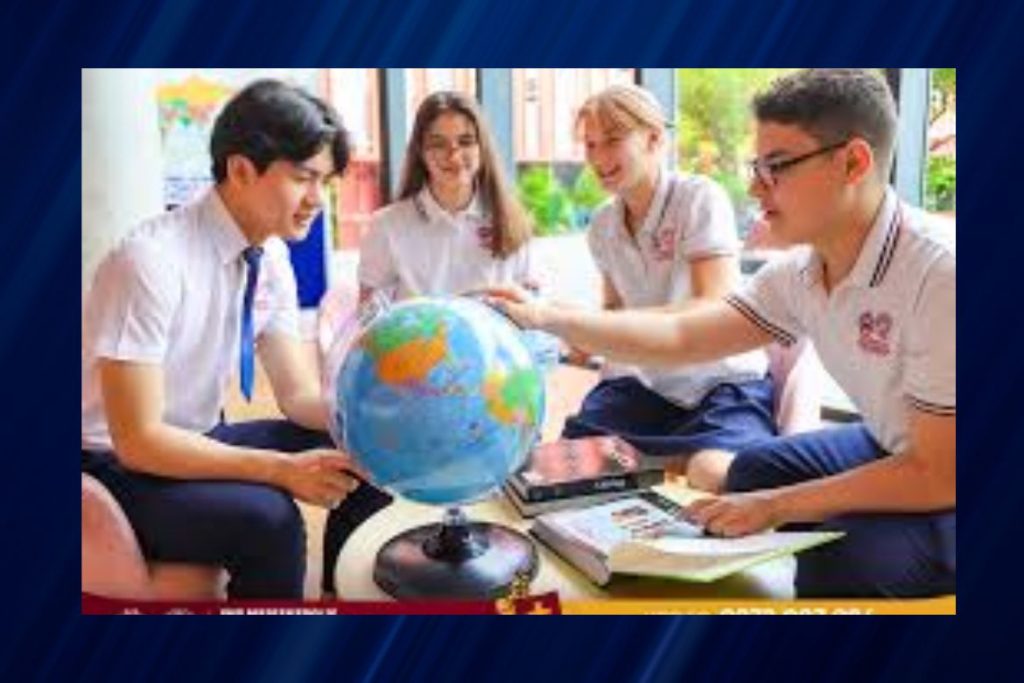Lifelong Learning helps anyone keep learning and stay young, and the greatest thing in life is to keep your mind young. Learning is a spontaneous life active process of acquiring knowledge. It is not just memorizing something in the narrow sense of the term. It is a continuous, dynamic, and ongoing process without an end. It is also an intelligent adaptation resulting from an active process.
Three Elements of Effective Learning
The learning needs a stimulus, a trial response, and rewarding consequences of the trial response. It brings a relatively permanent change in behavior through repetition and reinforced practices. In all forms of learning, whether innate or acquired modes of behavior are modified into new forms, which are more refined and acceptable to all of us. The learning grows day by day, little by little. It is an accumulative process utilizing adjustment to meet the challenges of new situations in life. The learning must be realistic, meaningful, useful, and objective in type.
Affective Learning
This branch of learning denotes the attitudes of the individual.
Psychomotor-Learning:
The psychomotor learning approach denotes the skills gained in different ways. Cognitive learning called knowledge requires some approaches to learning through exercising more mental processes for effective learning. There are some notable factors behind this learning. They are-
•Active participation; learners should have easy access to teachers.
•Healthy criticism should surely be a constructive and correct assessment.
•Acceptance, trust, and encouragement; create interest, motivate, and give incentives e.g. rewards and at times punishments.
•Effective communication can create a congenial environment for better learning.
•Remove all forms of barriers to communication. We should identify and remove the barriers immediately to achieve effective communication. This will help tremendously the whole process of learning.
•Use all modern learning aids and types of equipment, the auditory aids, the visual aids, and the combined audio-visual aids.
To put the audio-visual aids into their correct use, knowledge of the advantages, disadvantages, and limitations of audio-visual aids is necessary for teachers and learners.
The Learning Reflex in Dog
The principle governing the learning processes is learning by condition reflex. Pavlov, the Russian psychologist discovered this reflex in dogs.
- Learning by observation and imitation;
- Learning by doing, practicing, and repetitions. The Chinese proverb goes if I hear, I forget; if I see, I remember something; but if I do, I know the thing.
- Learning by remembering or memorizing. To study to remember things need planning, rehearsal, organization, feedback, review, and over-learning.
- Learning by insight, solving many difficult problems through mental exploration, and brainstorming.
- Learning must have a realistic goal. It brings a definite change in human behavior. The learner must share responsibilities to determine this goal. But all forms of learning are to benefit mankind.
Mental Faculty of Learning for Lifelong Learning
These are the intelligence or mental faculties of an individual. Intelligence again depends on the individual’s hereditary background, proper nutrition, and high intelligence quotient age. The age suitable for learning is the early age and it reaches its peak between the age of 22 to 25 years. After the age of 30 years, the process of learning becomes difficult. The well-known proverb says that one cannot teach an old dog a new trick. The learner must have got to be motivated for effective learning.
Institutional Learning for Lifelong Learning
In this context, the learning situation and the environment include the type of institution, the quality of teachers, the availability of textbooks and the applications of modern methods and their acceptability by learners, and the physical fitness of both the learners and the resource personnel and political unrest, etc.; all these factors are to be counted for effective learning. The unsound mental health and the mental retardation both interfere greatly with the whole process of learning. Some chronic illnesses affect severely the body and mind and impair the effective learning process.
Measurement of Learning
The measurement of learning is done by the performances of the students, which means all types of examinations, assessments, and evaluations. Latent learning is the learning that remains hidden and is not evident in behavior until later when conditions for its appearance are favorable.
More Conditions Also Affecting Learning
Physical fitness of both learner and resource personnel is mandatory to continue the process of learning smoothly. That is optimum body functioning capacity is needed. High intelligence and retention in memory and the capacity of the brain are other features of learning more effectively.
On the other hand, high-level motivation of learners and resource personnel’s attitudes to receiving is required for fruitful learning. In this case, modern and resourceful libraries with internet facilities and teaching aids can help a lot. Learners and resource persons have to have a sound mind to cope with any learning situation.
Measurements of Learning for Lifelong Learning

Attendance in classes, syllabus-oriented card completion examinations, records of special academic performances, all types of examinations, assessments, formative assessments, gradations, and evaluations, periodically on a semester basis, and by annual or bi-annual examinations as conducted by the respective university examination committee or by board examination, etc. Read more


